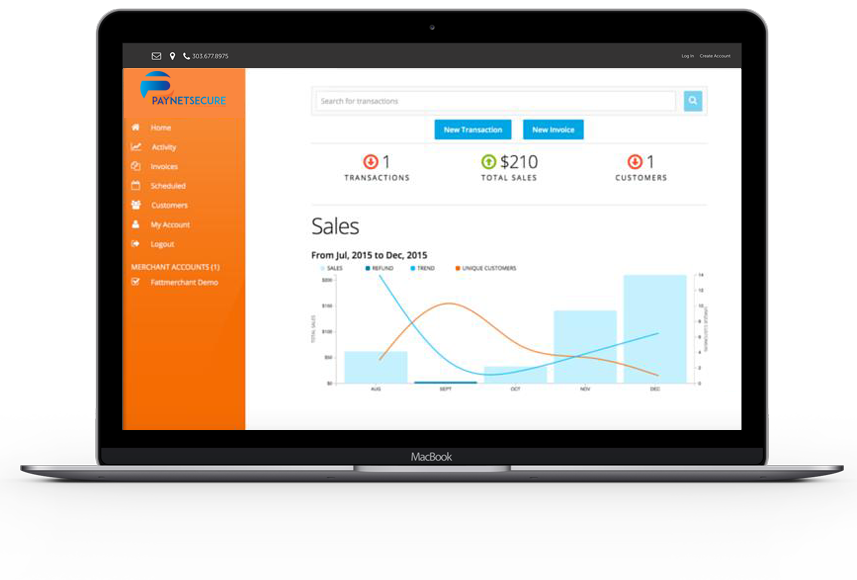What is an Acquiring Bank?
An acquiring bank is a financial institution which processes card payments on behalf of a merchant. The term acquirer indicates that the bank accepts or acquires credit card payments from the card-issuing banks and processes them on behalf of the merchant.
Four Functions Performed by Acquirers
- Signing up and Underwriting Merchants. Obviously, merchants must be solicited, underwritten and signed up to process credit cards. Underwriting determines if the business has the financial stability to be accepted as a merchant. This is crucial to the acquirer since it is the acquirer that ultimately assumes the liabilities associated with merchant processing.
- Authorization and Capture. Operationally the acquirer authorizes and captures the payment processing transactions. Authorization means that the payment is guaranteed, unless there are future disputes between the merchant and the customer. When an authorization code is sent, the amount of the purchase is set aside from the available credit on the cardholder’s account. The authorizations are captured and sent to the acquirer either at the end of the day or in real time.
- Clearing and Settlement. The transactions are sent through the appropriate payment network which routes them to the card issuing banks. Clearing and settlement involves collection of the money from the cardholder’s issuing bank and reimbursement or settlement to the merchant
- Statements and Information Services. The acquirer compiles the transaction data and presents a statement to the merchant. Statements can be mailed, emailed, or accessed online. Most acquirers provide analytics and other services that enable merchants to effectively manage their accounts.
Conclusion
Acquiring banks process card payments for merchants. Issuing banks issue cards to consumers.
The acquiring bank being used to process your transactions is clearly identified on your high risk merchant account application.
Are you a high risk merchant that wants to establish or diversify payment processing accounts?
Contact info@paynetsecure.com today
